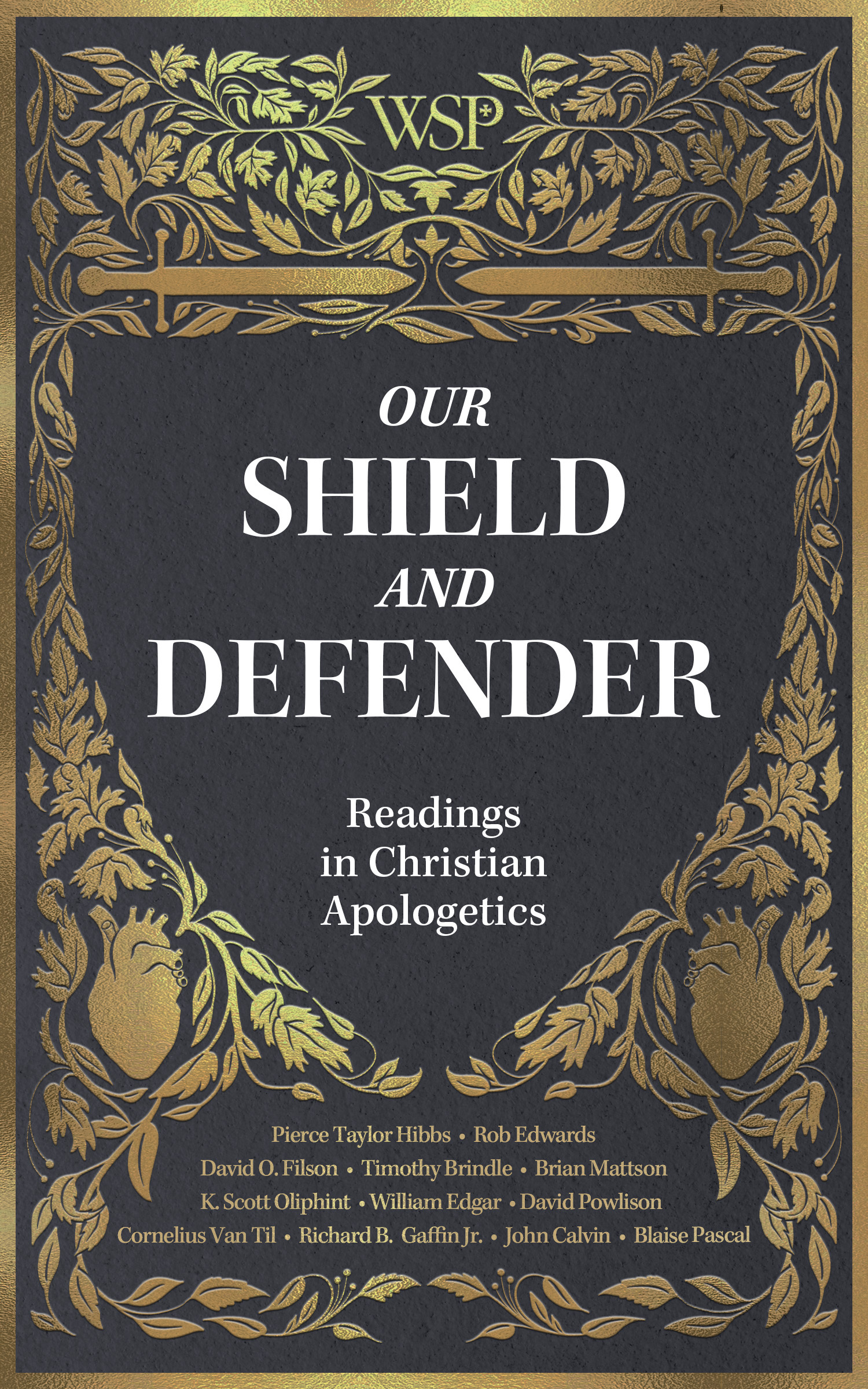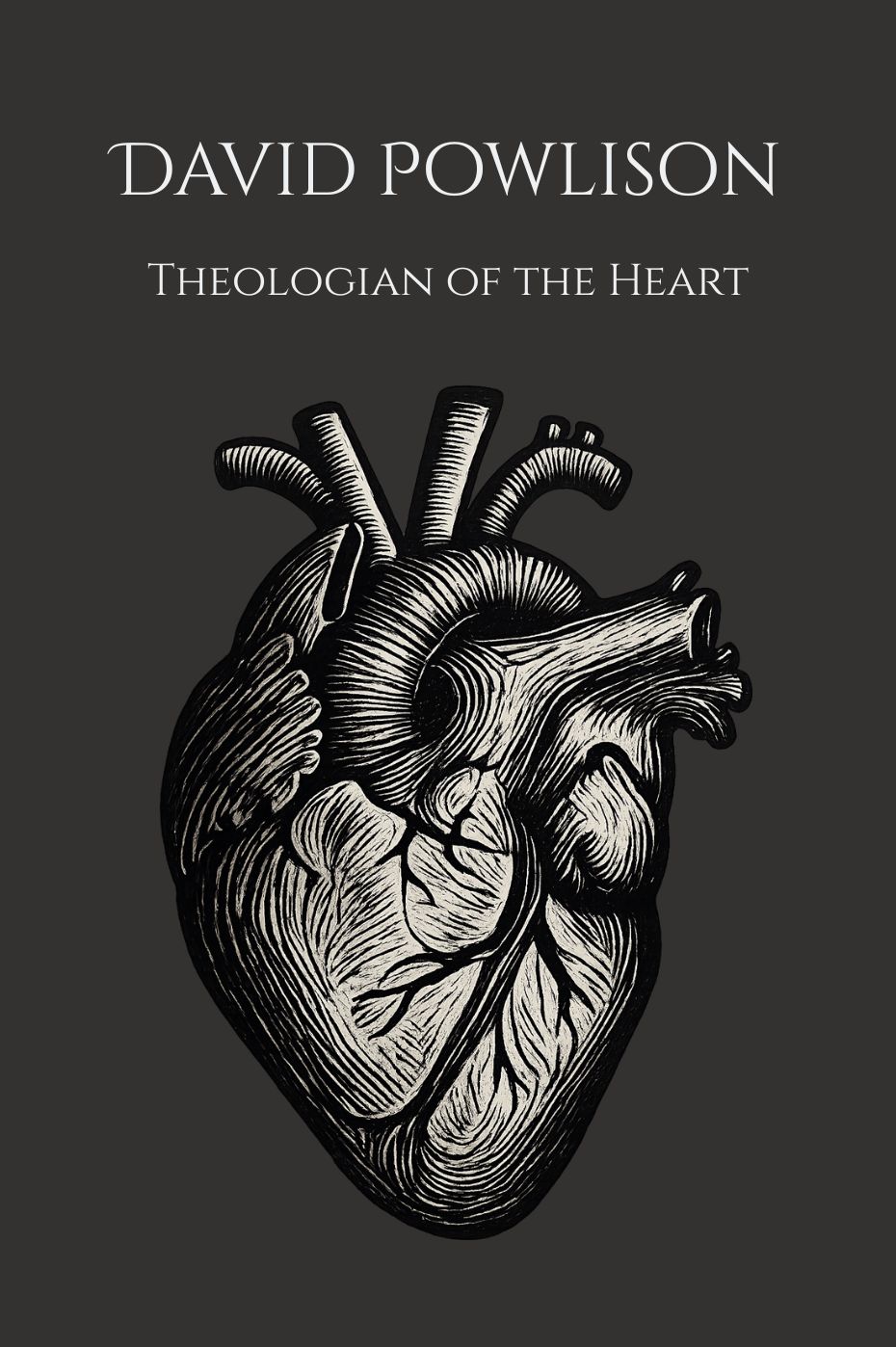David Powlison (1949–2019) was a friend, teacher, and fellow wordsmith whom I've missed tremendously over the years. His words carried God-given power to shape souls and shatter self-deception. He still makes me laugh at my own vain attempts to justify sins and insecurities. He also helps me see that so much more is going on in the heart than we think. And Scripture has the power to do greater things inside us than we give God credit for.
Here are ten "truth bombs" that made me laugh to myself as I worked through several of Powlison's lectures. After each one, I add a sentence or two about why the particular quote hit me so hard or why it's so critical. I hope these words are as much of an encouragement to you as they were to me. I also hope this whets your appetite for David's work. Beneath the lines he wrote was (and is, now in glory) a warm-hearted and pensive pastor who cared deeply about people and how God was shepherding them.
- "There is always some sun around which the planet of our lives turns." The human heart shuns inertia. It's always moving, always gravitating toward something. Everyone worships. The question is who or what.
- "If at the core of the human condition is a fundamentally religious question in every human being, then only God can address it. And if we reject God, we turn inward." There are only two directions for spiritual problem solving: towards God or towards the self. Our psychological age in the modern West often chooses the latter, despite the fact that we're blind guides. We cannot help ourselves. We're sin-crippled. Only God can address our problems.
- "Our sufferings exist within the context of sovereign purposes, and they reveal us. They don’t make us do things; they reveal who we are and who we are becoming." It's always tempting to blame the past or current circumstances for our decisions. But suffering does not "make" us do anything. It doesn't even "cause" our behaviors. Suffering has the unparalleled ability to reveal what is already in our hearts. Suffering holds a mirror in front of our faces. We may not like what we see, but the suffering didn't cause the image any more than a mirror causes the contours of a face. Suffering is revelatory. God still calls us to change and grow in the midst of it.
- "The gospel is the man who died because of what you long for that he might set you free, so that the flesh with its lust might be crucified, and you would live for a different set of desires—the desires that God actually hardwired us to live for by creation." So much of contemporary culture assumes desires are natural and neutral. We're trapped by them. That's false. The gospel is not about a God who comes to give us what we want; it's about the God who changes what we want so that he can give us what we were too feeble and fractured to dream up.
- "There are many ways that the Scriptures lay bare the truth that emotion is not blindly authoritative; it must be examined and possibly invalidated." Our culture is loaded with expressions of "I feel." Feelings are never an authority to be blindly accepted. There are many things beneath our feelings. And God's living and active word cuts down to the core and shows what's really there.
- "Our task as Christians is reclaiming the heartland." The heartland is where motive, desire, morality, behavior, and worship live. The heartland is what "makes people tick," as David often said. It's about the greatest issues of life. For too long, Christians have sold their heartland to secular psychologists and psychiatrists who claim to offer a deeper view of humanity than Christianity can. But they are unable to do this. God is the Maker and Master of hearts, and Christians need to reclaim the heartland for Christ.
- "The past is a hatching ground for human patterns and human idolatry and human sin, but it is not the cause of those things." This flies in the face of many theories in secular psychology that claim the past causes present behavior. Horrible things in a person's past (trauma, abuse, neglect) are certainly weighty and relevant. But humans remain responsible for their thoughts and actions anyway. Human choice stands above any sort of determinism, even if that determinism is attached to horrendous atrocities against humanity.
- "Is to ought is a problematic leap." Many people march uncritically from a problem to a solution without considering deeper issues, values, and assumptions. Just because a problem exists (e.g., a person is gripped by unexplainable evil) does not mean a given solution must apply (e.g., a demon must be cast out). We cannot jump from is to ought without careful thought.
- "The stance of dependency is really the one thing that defeats Satan." If we truly understood this, our communities would look very different. We praise independence and power, when God shows through Christ that dependence and weakness pave the way for evil's demise. Learn to embrace the goodness of your own dependence on God and others.
- "We think we’re studying the Bible; it’s actually studying us." The Bible is no mere book. Its words get inside us and work. They change us, convict us, reveal us, compel us. Every time you read your Bible, it is reading you.
Check out David Powlison's essay, "Secular Psychology and Biblical Thought," in this ebook I edited for Westminster Seminary Press:









.jpg)